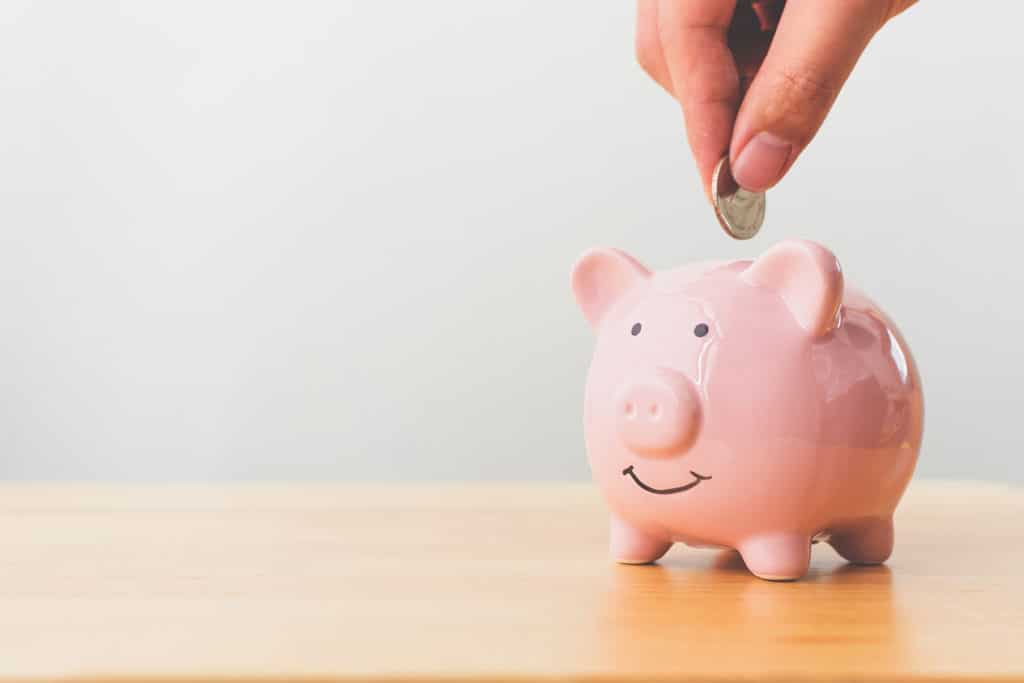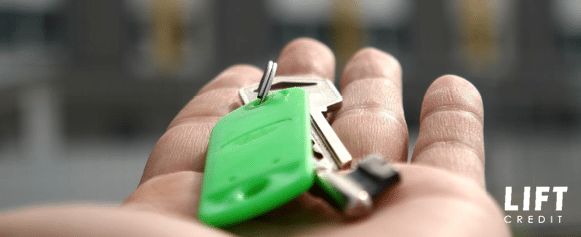Purchasing a home is one of the biggest investments you will make in your lifetime. It requires discernment, strategy, and lots of preparation. It may seem daunting as a first-time buyer, so we’ve prepared some tips to help you out. Here are things to watch out for when buying a home:
Save, save, save

It is pretty much a given that buying your first home requires a lot of savings. Putting more money down upfront will result in paying less interest over time during the loan’s lifespan as we explain in our blog article on buying a home. A bigger down-payment basically gives you lower monthly payments and a better mortgage rate.
Make a budget and stick to it
It’s easy to get carried away shopping around for homes with no hard budget in mind. That’s a sure way to get in trouble financially. Make sure you know the most you can afford, and come up with a price range from there. This will help you rule out anything that is too much for your budget.
Halstead Property realtor Maria-Stella Fountoulakis advises that your monthly budget be inclusive of your total mortgage and property maintenance costs.
Make sure your credit score is good
The better your credit score, the better deal you’ll get on a mortgage. The process of improving your FICO score may take up to six months, so don’t waste any time before you start. Having a good credit score is a big deal if you are planning on applying for a mortgage.
Consult with a financial planner
While you may be able to do the math and strategize on your own, it may be safer to consult a professional for your first home purchase. Financial planners are equipped to help you evaluate all your assets for you to determine just how much you can spend, how much you should be investing, and whatever else you might be concerned with.
Keep an emergency reserve

The transition period in buying a home may take a toll on your current living expenses. Unexpected costs and expenses may leave you scrambling for money, so maintain an emergency fund that can cover three to six months of your living expenses. This will give you a little breathing room, and make this exciting time less stressful.
Be thorough
You can’t afford to be complacent when buying your first home—after all, it is something you’ll have to constantly tend to. Don’t be afraid to ask questions, ask your realtor about closing costs, other buyers, and everything else you need or want to know.
Get to know your future neighborhood and scope out the area to get a feel of what living there is like. The Balance’s ‘Home Buying Tips & Techniques’ list is a great help to make sure you cover all your bases. You may even be able to negotiate prices further if you see anything that needs repair.










